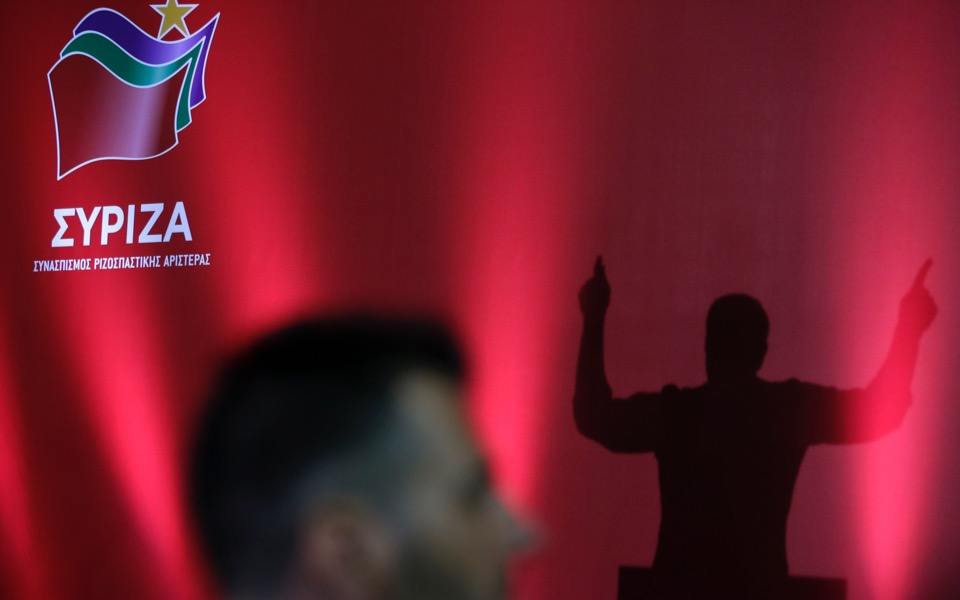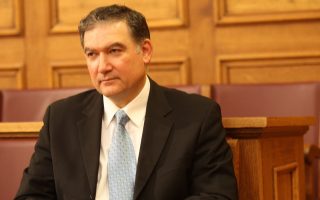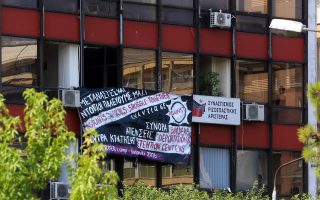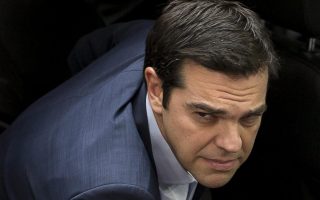SYRIZA and authority

Something interesting is going on in regard to ruling SYRIZA’s relationship with power. At first glance, it appears paradoxical and a bit crazy, but it may not be. There are times when elements of the party machine (its youth wing, etc) publicly turn against the government. Particularly after the leftist party’s backpedaling over the bailout last summer and following the elections of September 2015, we heard messages and announcements from party headquarters on Koumoundourou Street, as well as from officials, expressing opposition to government policy.
The most recent example is the backlash from a decision to clear out several squats in the northern port city of Thessaloniki. There had been similar incidents before that, though, as the SYRIZA youth wing often criticizes the government for its policies and practices, whether by participating in large rallies or lambasting, say, Immigration Policy Minister Yiannis Mouzalas for apologizing to ex-minister Nikos Dendias after accusing him of not doing enough on the migration front.
Of course, officials – youth wings less frequently – from other parties that have been in power, both New Democracy and PASOK, have expressed criticism against their parties in the past. Here, though, we’re seeing something very different, something louder and more blatant, with the exception of officials and deputies who waste their energy spouting rhetoric or making public confessions of shame and pain about the decisions the government has been forced to take. That said, there have been very few resignations compared with the sheer number of polemic and angry statements that have been made by disgruntled officials.
Something similar seems to be the case with the youth wing’s reactions: a lot of talk without anything really happening. So, as a government, SYRIZA continues its peculiar brand of fiscal reforms, which it had reviled in every way possible back when it was in the opposition.
Contradiction? Internal division? Not so much. These people come from a pool of political thinking according to which the government – authority – must be associated with the people. To be precise, authority is the people – in the same way that the Soviets were (ostensibly) the people.
Now we know just how phony this whole nebulous construct is, and also how hypocritical: Any association with the people is restricted to nothing but rhetoric, theory and slogans. This is why all internal reactions are taken so well, with such comradeship, by the central authority, the PM’s office.
Maybe the core of the government’s executive authority sees how ridiculous it all this – and how convenient too, in terms of the international image of this democratic and par excellence popular government. In the meantime, of course, the country needs to be governed and effectively – with actions, not words.





